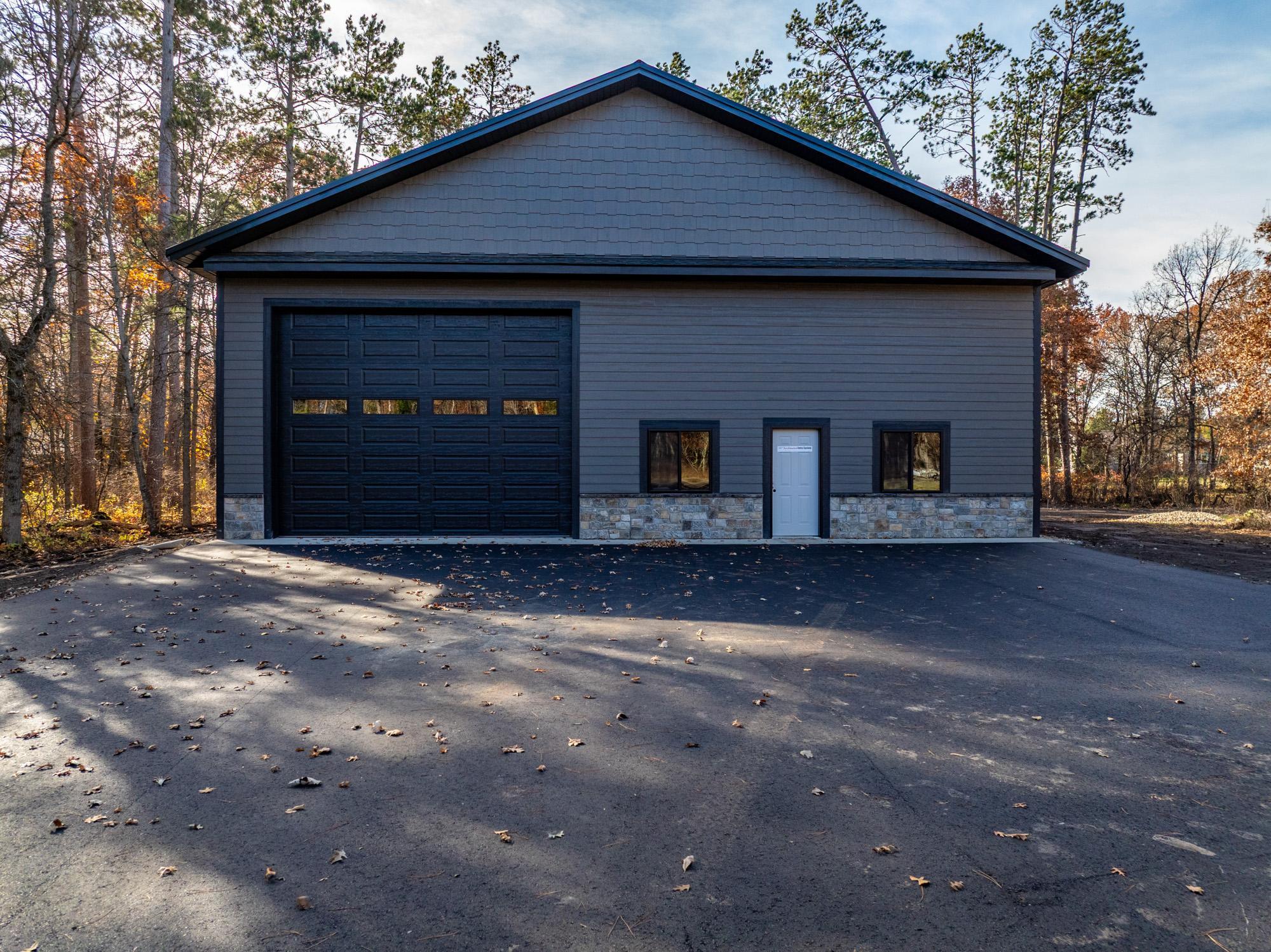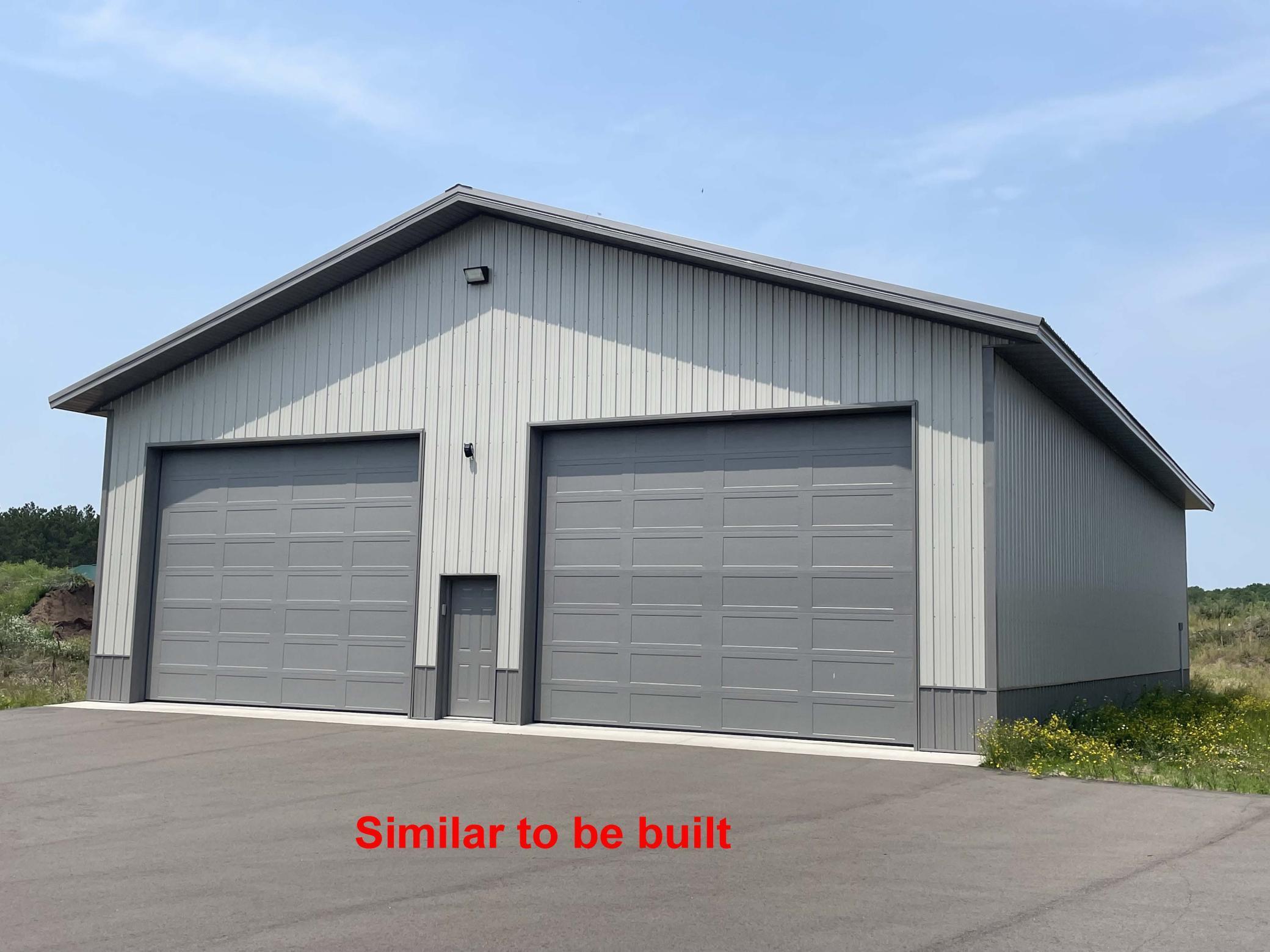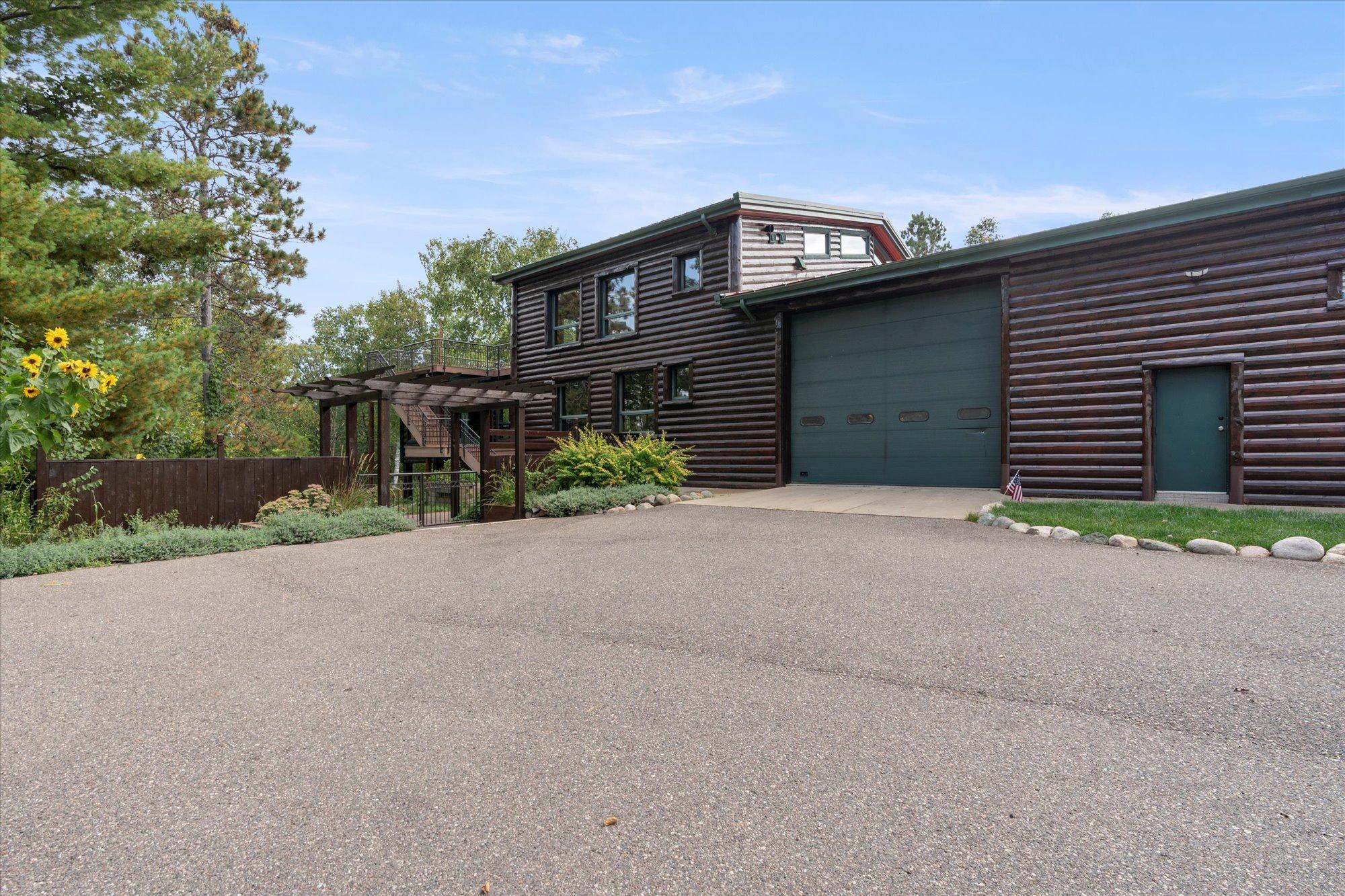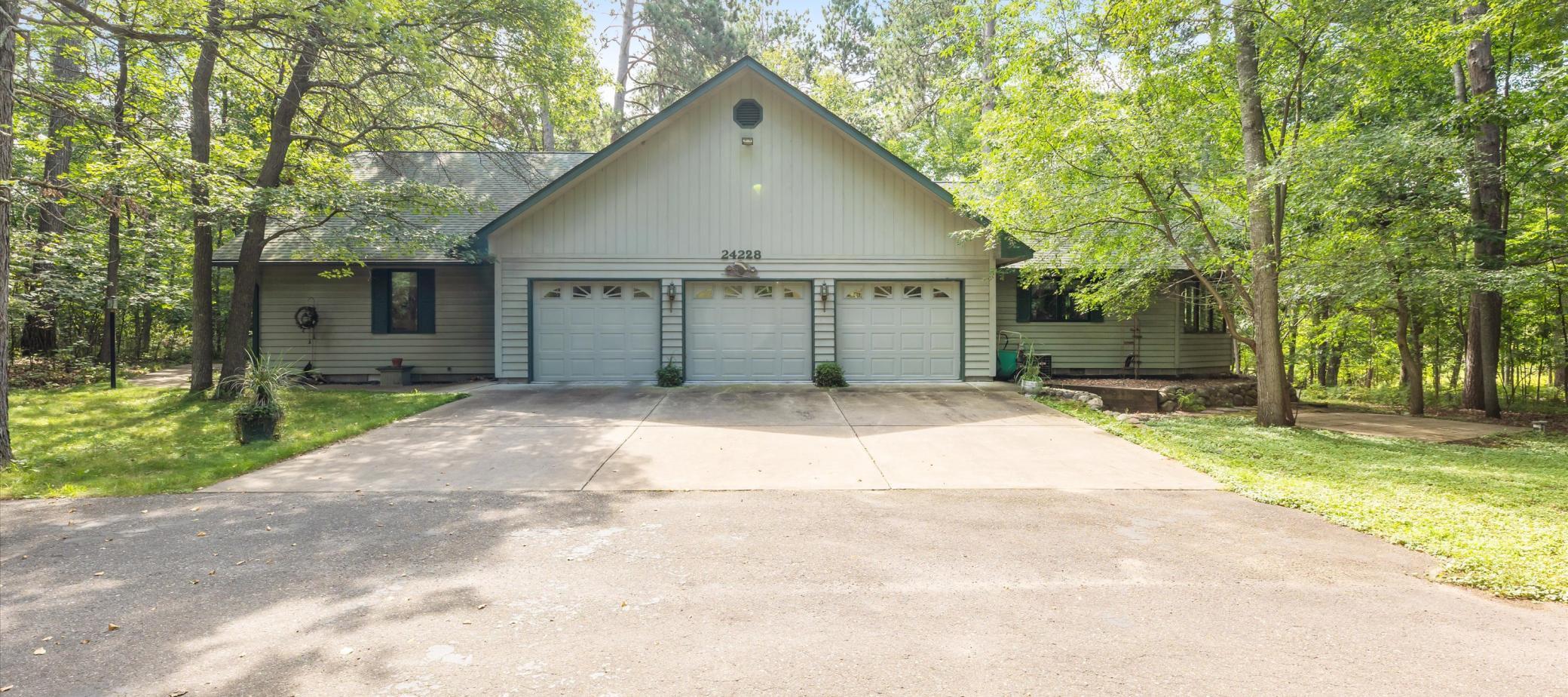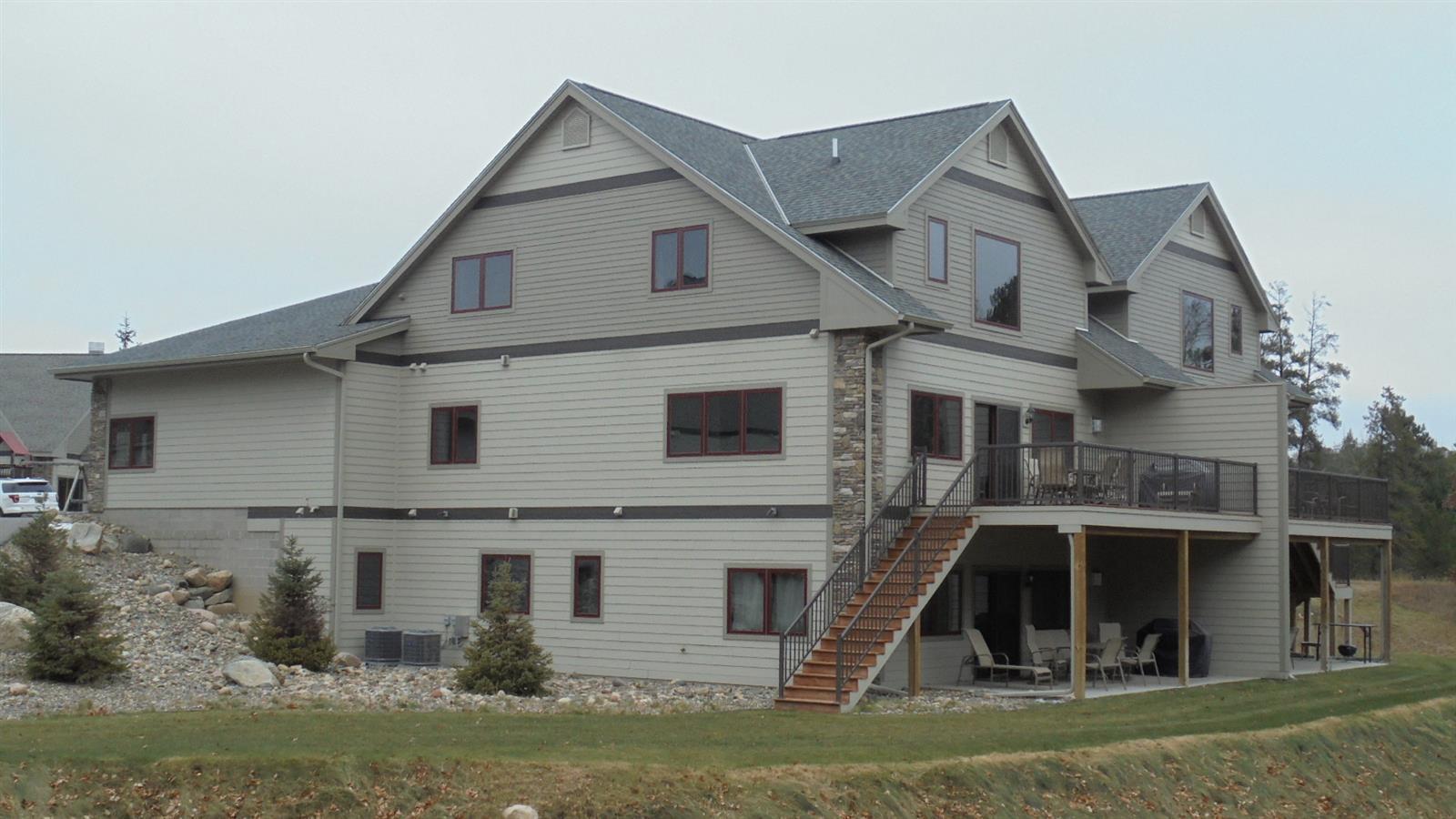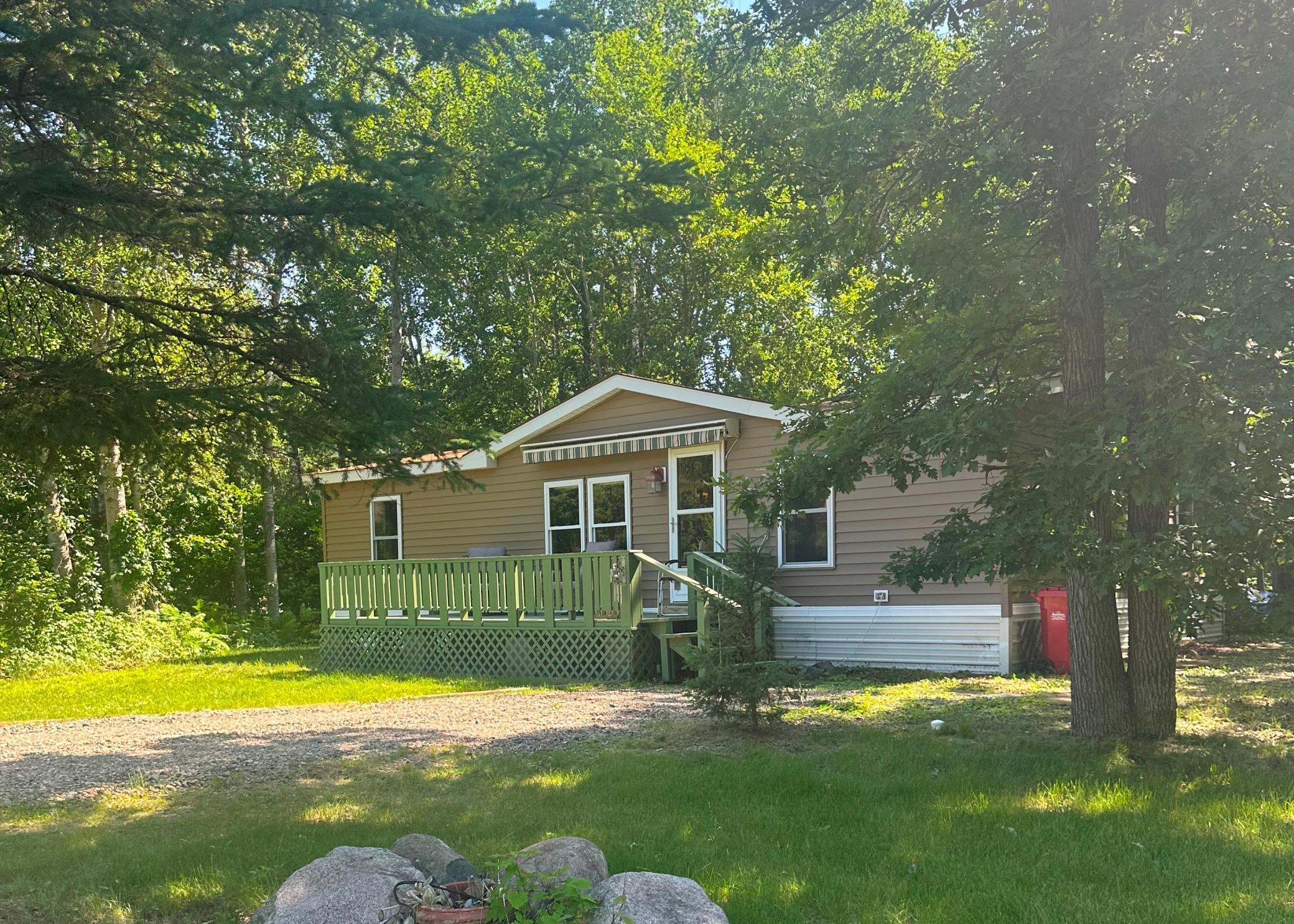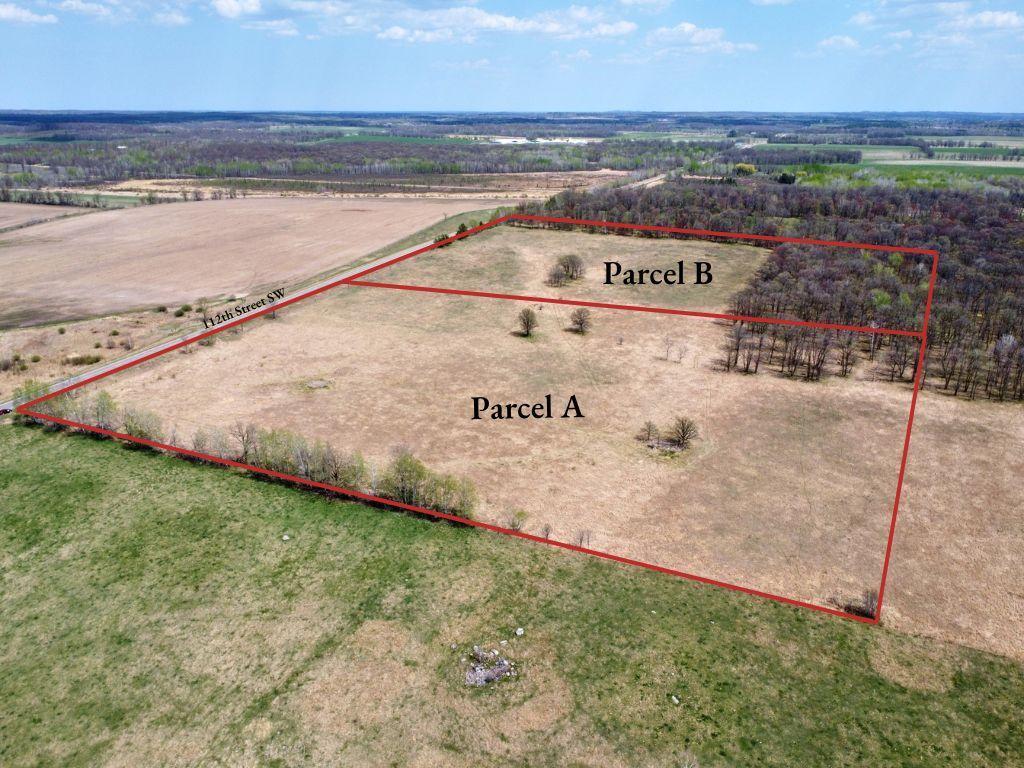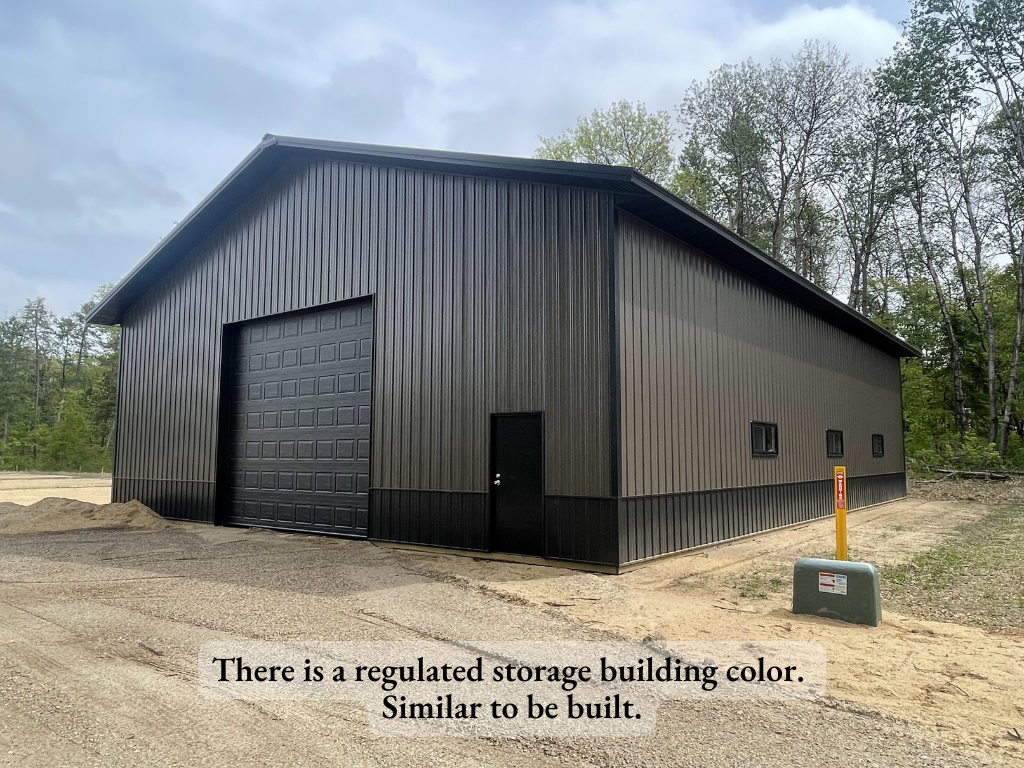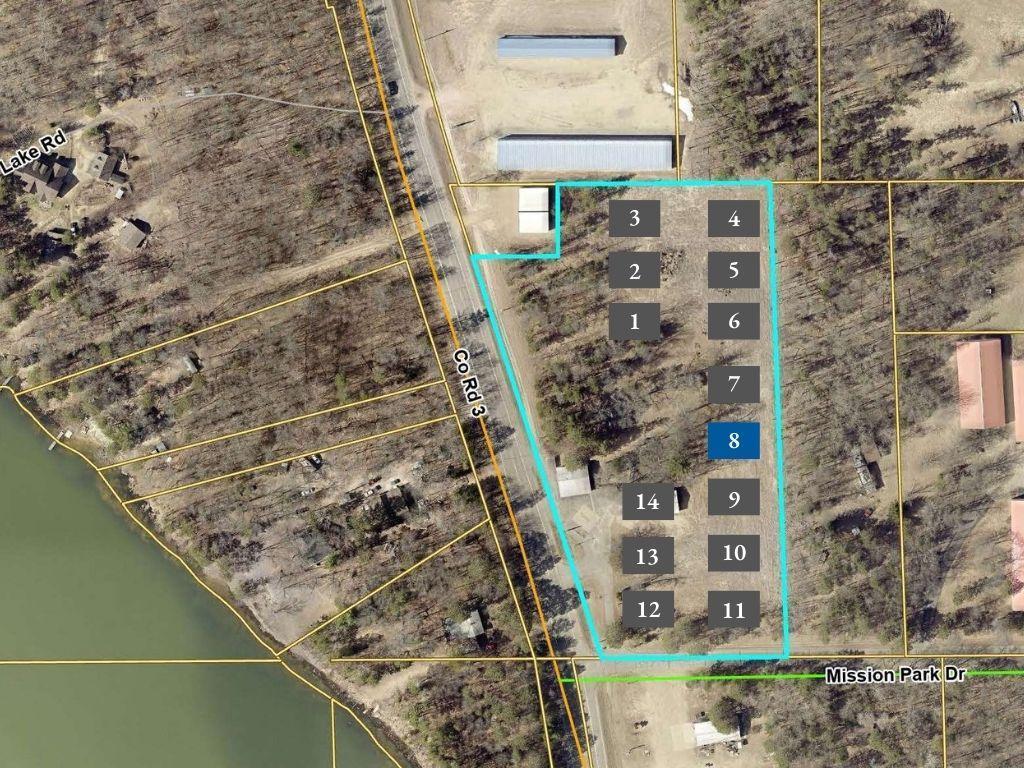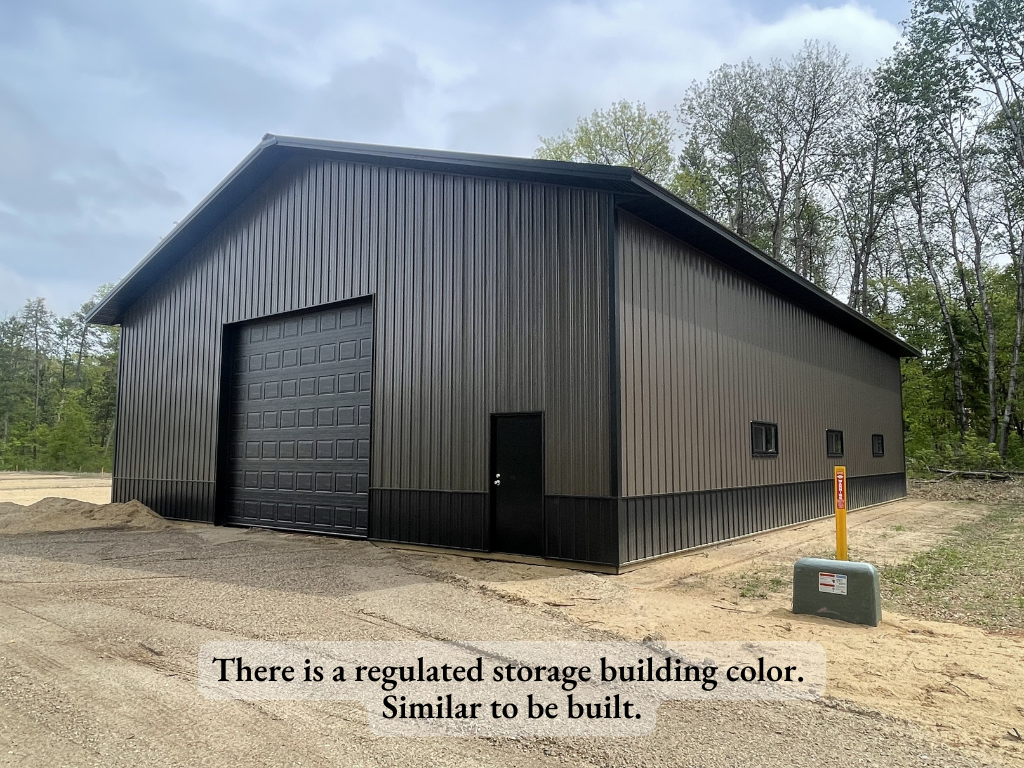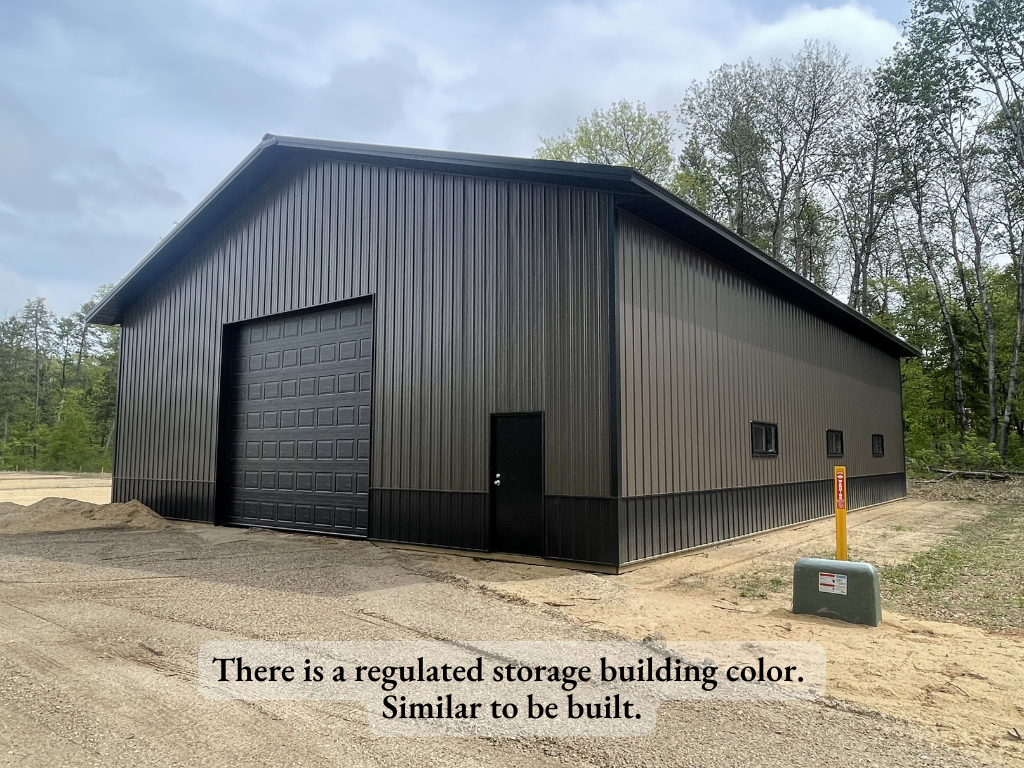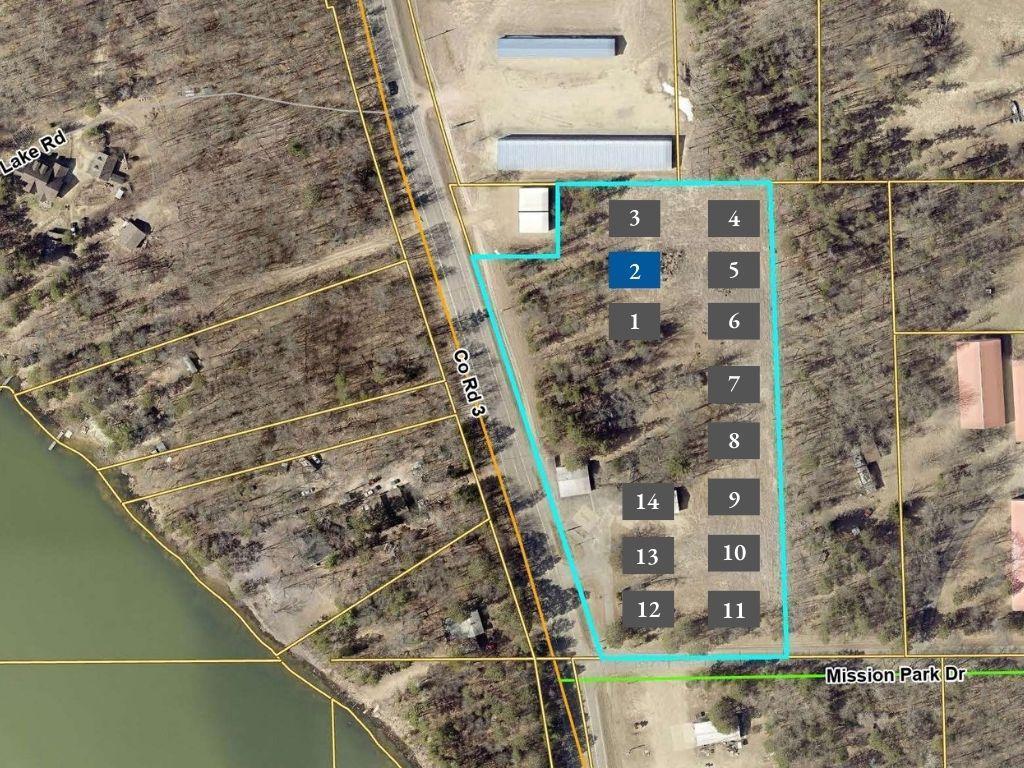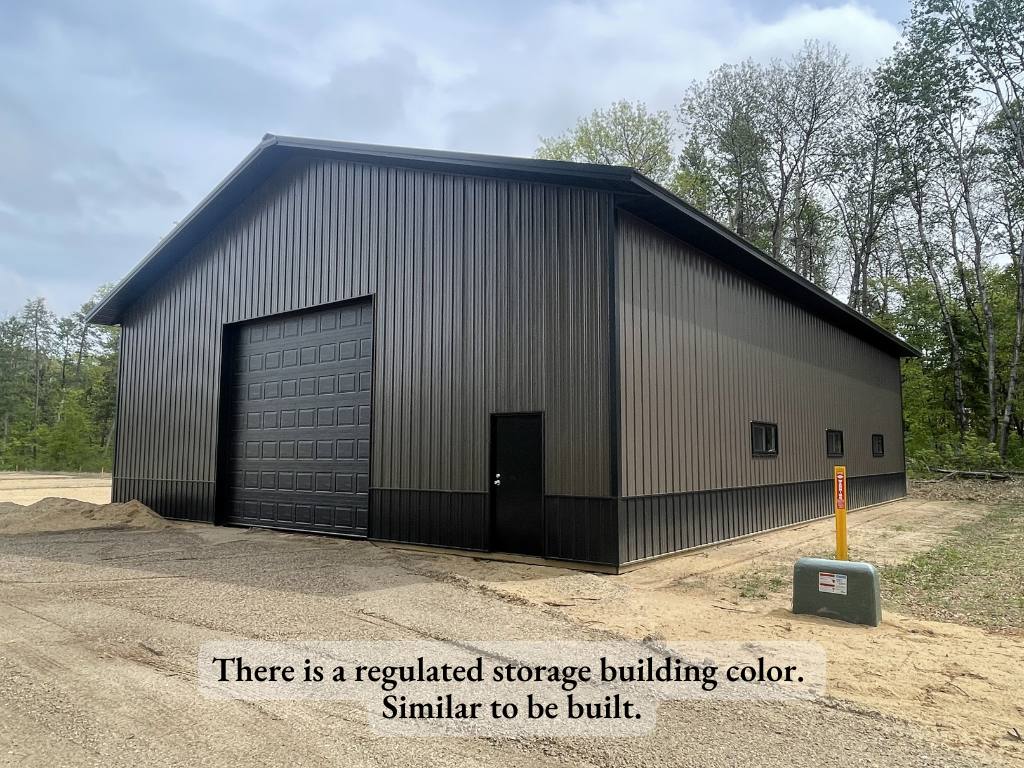Owning a vacation home in Crosslake, MN, can be more than just a serene retreat. It also offers potential financial benefits through tax deductions. Understanding the nuances of deducting vacation home expenses can help you make the most of your investment. This guide will explore various tax deductions available for vacation homes, ensuring you can enjoy your property while maximizing your tax savings.
Understanding Vacation Home Tax Deductions
If you rent out your vacation home for more than 14 days a year and also use it for personal stays, the IRS considers it a rental property. Conversely, if your personal use exceeds 14 days or 10% of the days rented, it’s deemed a personal residence.
Mortgage Interest Deductions
-
Primary and Secondary Homes: The IRS allows you to deduct mortgage interest on both your primary and one secondary home. For homes for sale in Crosslake, MN, that fall under this category, you can significantly reduce your taxable income by deducting mortgage interest.
-
Loan Limits: Note that there are limits to the mortgage interest deduction. For loans taken out after December 15, 2017, you can deduct interest on up to $750,000 of mortgage debt ($375,000 if married filing separately).
Property Tax Deductions
The SALT deduction allows you to deduct up to $10,000 ($5,000 if married filing separately) in property taxes. This can provide substantial savings, especially in areas with higher property taxes.
Rental Property Deductions
-
Depreciation: One significant deduction is depreciation, which allows you to recover the cost of the property over its useful life. This non-cash expense can significantly reduce your taxable income.
-
Operating Expenses: Deductible operating expenses include maintenance, repairs, utilities, insurance, and management fees. Keeping detailed records of these expenses is crucial for maximizing your deductions.
-
Advertising and Marketing: If you advertise your vacation home for rent, those costs are deductible. This includes online listings, professional photography, and other marketing expenses.
Vacation Home Sale Deductions
-
Capital Gains Exclusion: Unlike primary residences, vacation homes do not qualify for the $250,000 ($500,000 for married couples) capital gains exclusion. However, if you convert your vacation home into a primary residence and live there for at least two years, you may qualify for this exclusion.
-
Selling Expenses: Deductible selling expenses include real estate commissions, legal fees, and advertising costs. These expenses can reduce your taxable gain on the sale of the property.
Tax Implications of Renting Out Your Vacation Home
-
Rental Income: All rental income must be reported to the IRS. This includes advance rent, payments for canceling a lease, and expenses paid by the tenant.
-
Pass-Through Tax Deduction: If you rent out your vacation home, you might qualify for the Qualified Business Income Deduction, which allows eligible taxpayers to deduct up to 20% of their qualified business income.
-
Vacation Rental Tax Benefits: If you use your vacation home as a rental property for part of the year, you may be able to deduct a portion of your expenses based on the rental use percentage.
Minimizing Your Tax Liability
-
Timing of Expenses: Plan the timing of your expenses to maximize your deductions in high-income years. For example, paying property taxes in December instead of January can shift the deduction into an earlier tax year.
-
Cost Segregation: Conducting a cost segregation study can help you identify components of your property that can be depreciated at a faster rate, reducing your taxable income more quickly.
Hiring a Tax Professional
-
Expert Guidance: A tax professional can help you navigate the intricacies of deducting vacation home expenses, ensuring you don’t miss any opportunities for savings.
-
Audit Protection: In the event of an IRS audit, having a tax professional on your side can provide peace of mind and help you address any issues promptly.











































































